‘Swiss marijuana champion’ finds new markets with ‘cannabis light’
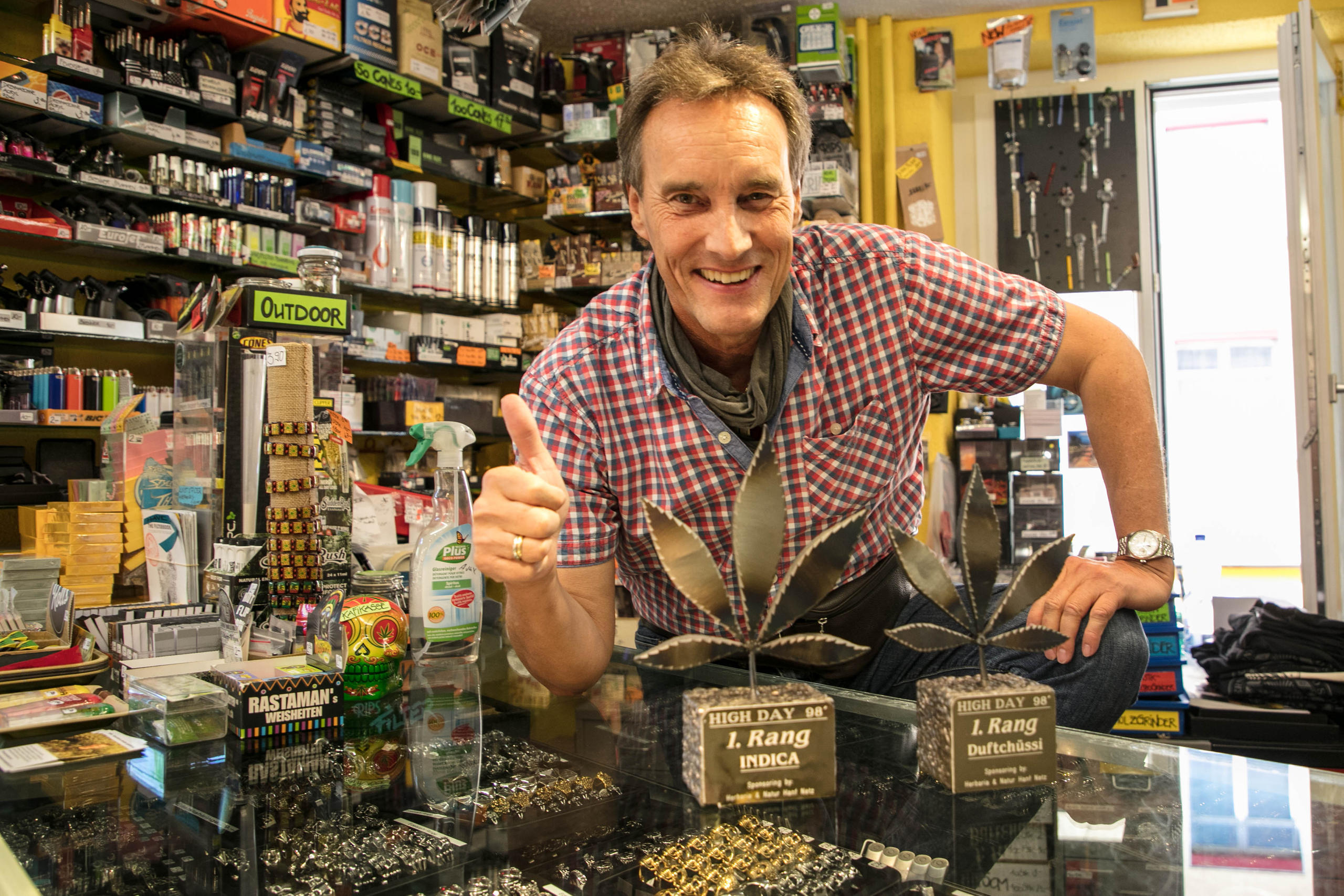
There’s decaffeinated coffee, alcohol-free beer, and now marijuana that doesn’t make you high. The product known as “cannabis light” or “CBD cannabis” is sold in many Swiss shops, generates millions of Swiss francs in sales and has stirred up a legislative debate. A producer reveals the hidden side of the market.
In the basement of an industrial shed with no sign or street number set along a northern Zurich ring road, Werner Bösch is sucking hard on an electronic cigarette. “I’m a bit stressed,” he confesses.
The drug squad has just arrived. Six plainclothes officers want to check the premises. Behind a white door, which is usually locked, thousands of cannabis plants are nearly ready for harvesting.
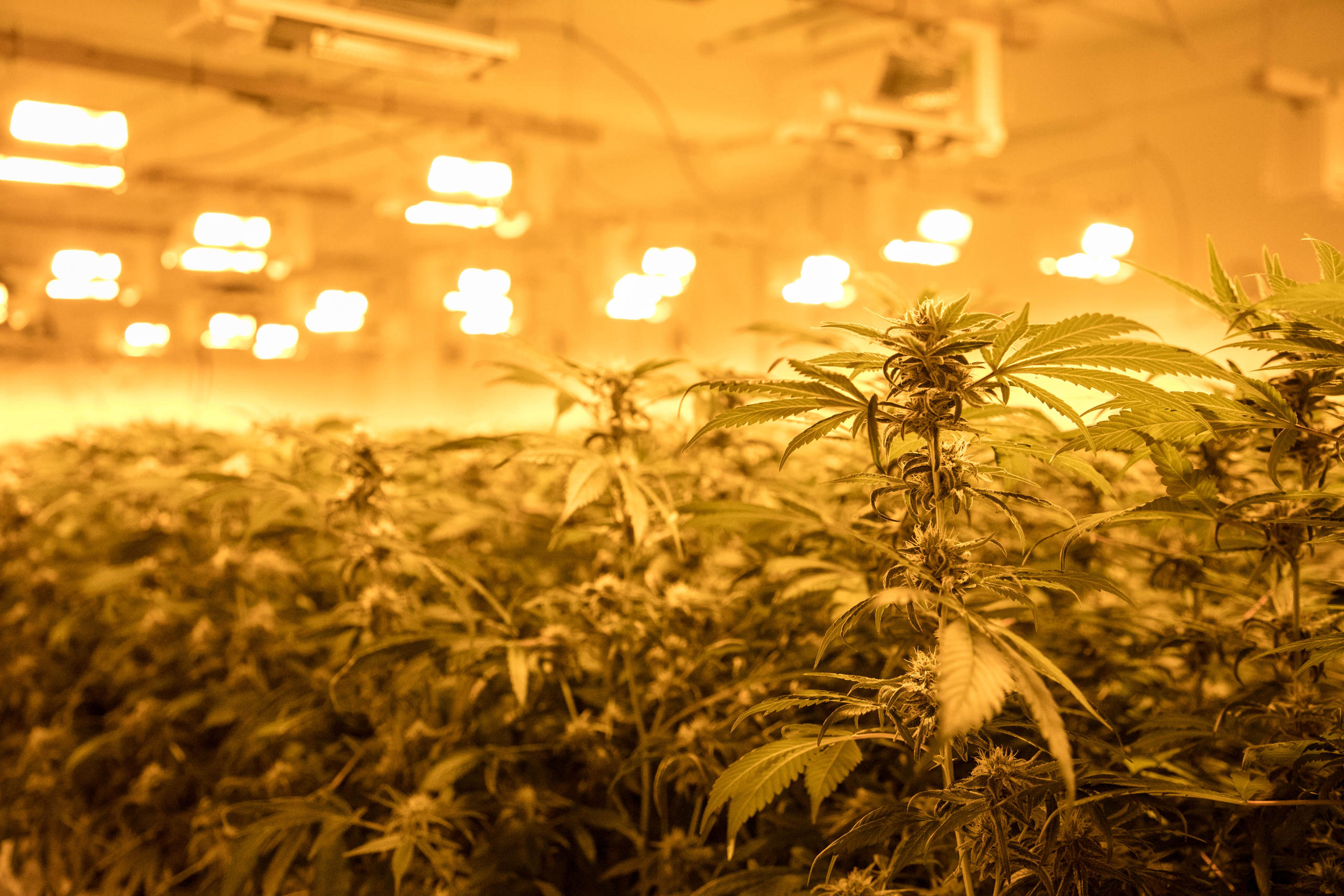
‘I am the Swiss marijuana champion’
The officers do not want to talk to the media. But Bösch, a 58-year-old former electrician, says he has been working with cannabis since he was 20. In 1983, he opened his first shop in Zurich selling accessories and gadgets for the consumption of cannabis, from lighters to water pipes. “I had left the electronics firm where my father was deputy manager. He wasn’t very happy with my choice,” he recalls.
In the late 1990s, Bösch, along with many others, was taking advantage of a legal grey area to also sell marijuana with a high THC content, the main psychoactive element in the plant.
“We were doing it all openly,” he says. “The cannabis was sold in the form of ‘scented sachets’. But we knew very well that people were buying it to smoke it.”
He proudly displays a trophy he received from the first Swiss trade fair dedicated to cannabis. It was 1998 and his grass, he says, was the best.
“I am the Swiss marijuana champion.”
But eventually the authorities decided enough was enough. The police took action, putting an end to a business that had been “tolerated” but which had always been illegal. Bösch also had to settle his accounts with the law.
“I paid my fines,” he says. But ultimately, the crackdown did not interrupt his activities. As he likes to point out, “my father’s electronics firm no longer exists. But my shop is still here”.
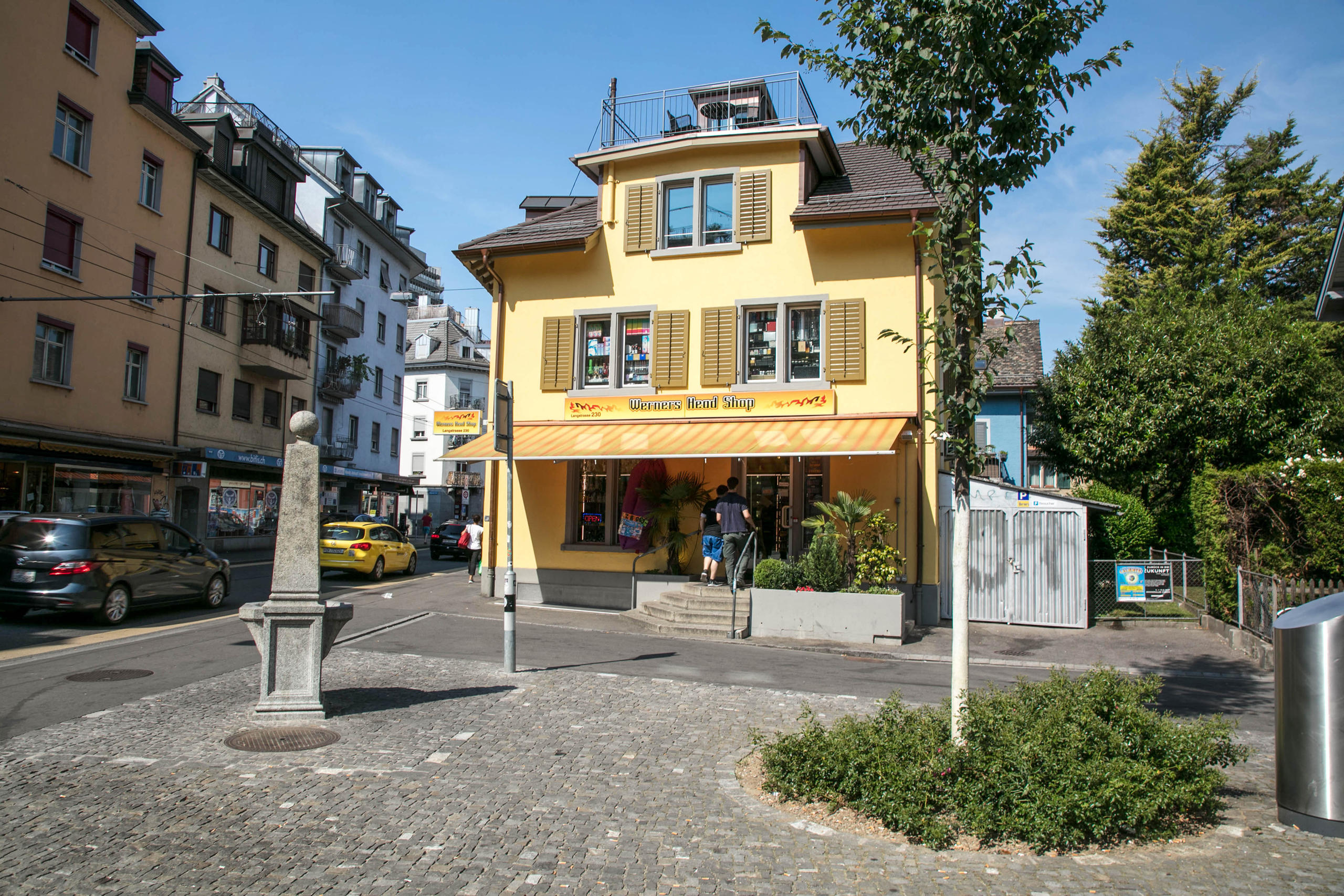
The ‘light’ cannabis comeback
In Switzerland, there is now a ban on growing, selling or consuming cannabis with a THC content of over 1%. Above this limit, cannabis is considered to be a narcotic. Possession of the drug up to a maximum of 10 grammes is punished with a fine of CHF100. However, the law allows for the controlled and limited use of cannabis for medical purposes.
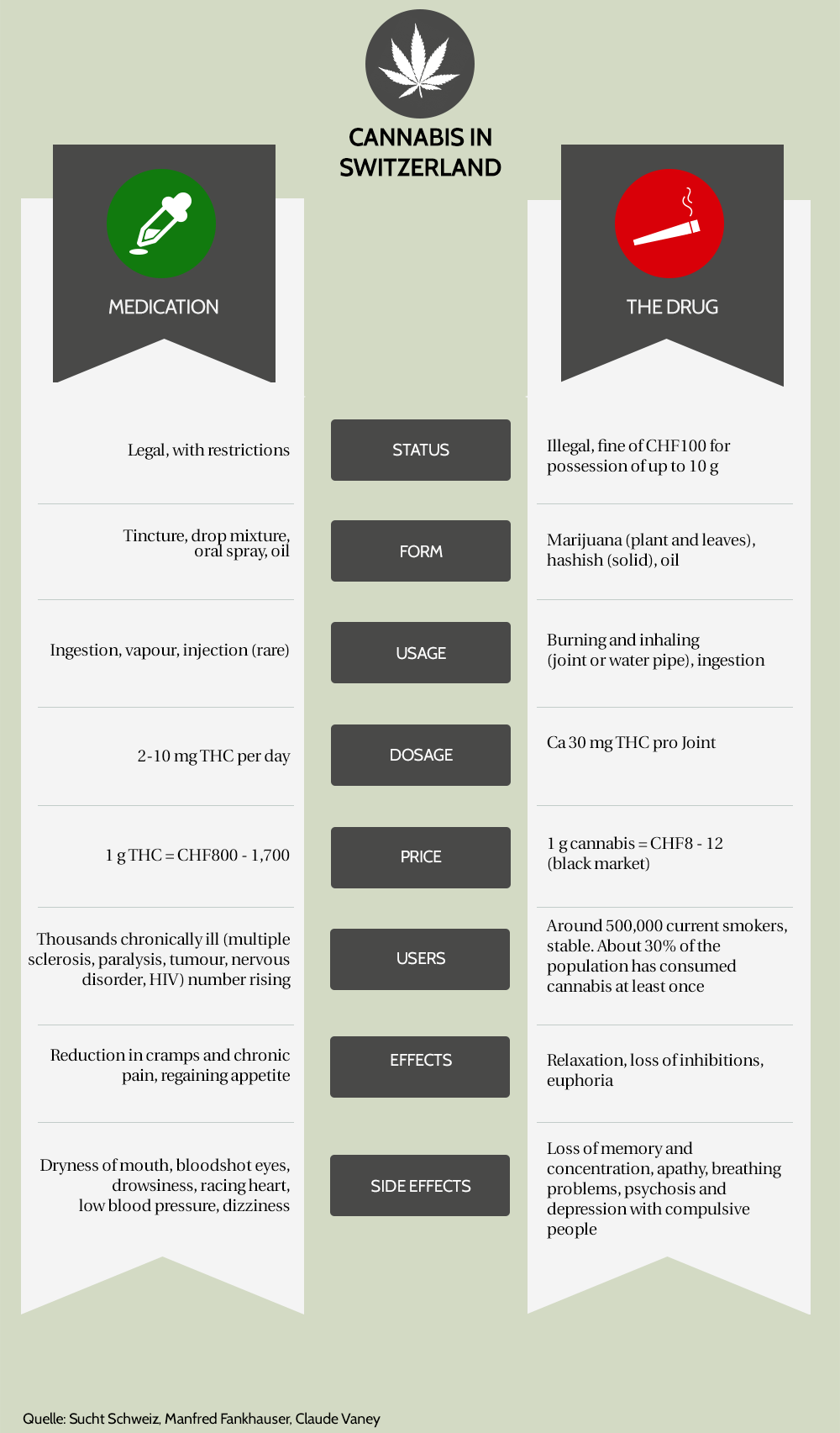
Cannabis has been back in circulation in Switzerland for a while, but this time it’s all legal. The new product is called “cannabis light” or “CBD cannabis”, derived from the name of one of its main active ingredients, cannabidiol. Unlike THC, CBD has no psychotropic effects and is therefore not a prohibited substance.
Bösch explains that it has been legally possible to sell cannabis with a THC content of less than 1% since 2011, the year the new federal law on narcotics entered into force. But the earlier crackdown had scared people off, and nobody dared to take the leap into selling CBD.
“The situation changed with the spread of medical cannabis in the United States,” Bösch explains. “It is in fact rich in CBD, which is a substance with many therapeutic properties”.
20 kilos a month
Werner Bösch set up his CBD cannabis business in the summer of 2016. At that time, the first Swiss legal joints were already on sale. However, he was the first to focus on indoor growing. Compared with outdoor cultivation, it is safer, more discreet and guarantees a higher yield. ‘
“On average, we produce 20 kilos of cannabis a month,” he says.
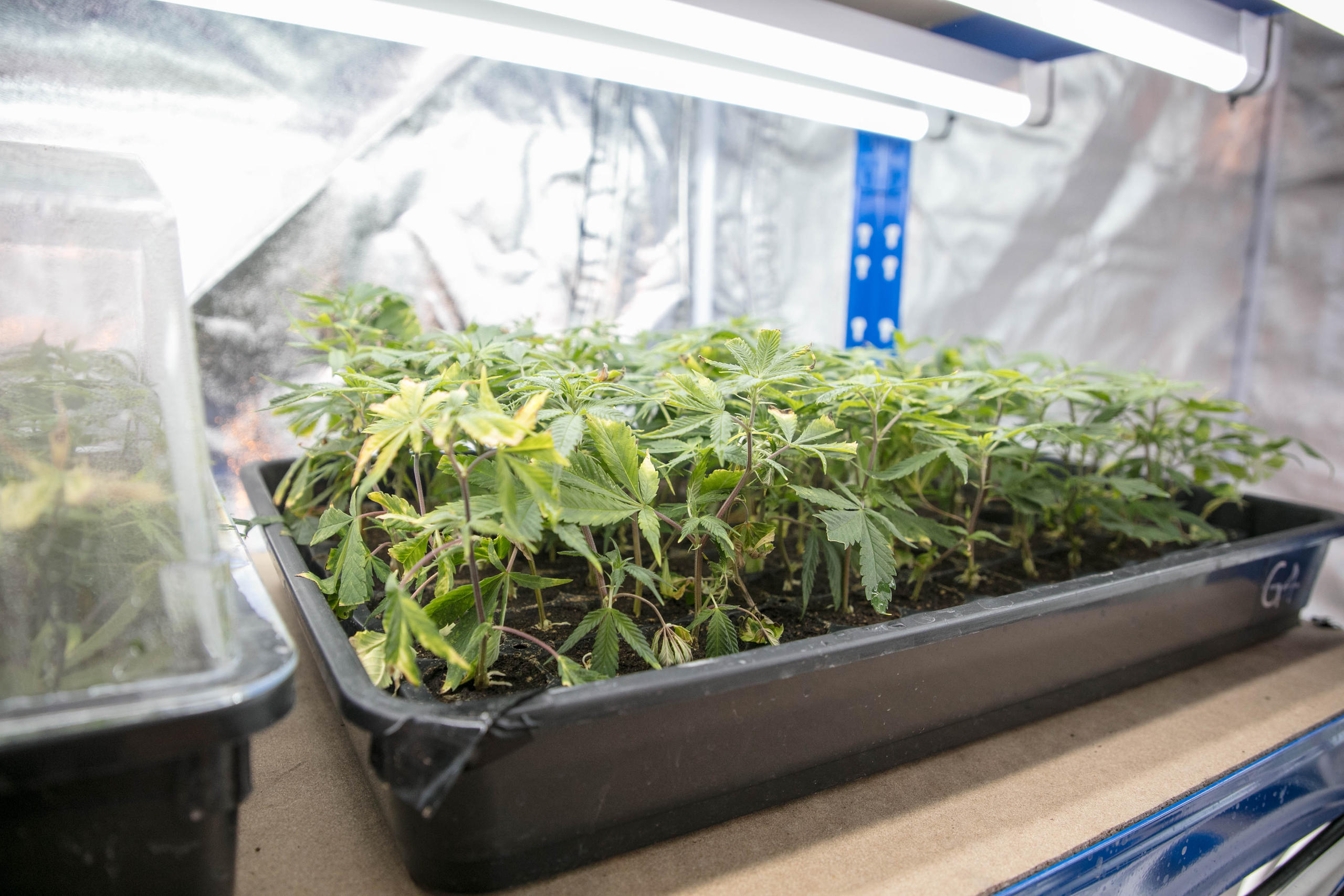
Bösch imported the seeds from the United States and did a lot of hybridisation and harvesting to select the variety with the desired CBD level not exceeding the magic threshold of 1% THC. His “Golden Green”, which has been on sale for a few months, contains 0.6% THC and 15% CBD.
In his Zurich basement, Bösch grows 2,700 plants in various locations in order to ensure continuous production. With an area equivalent to three tennis courts, space is not a problem. He plans to expand soon and grow 8,000 plants.
He sells some of the crop directly in his shops, of which he now has four. The rest is sold wholesale to other traders. Werner’s golden grass lives up to its name, with a price tag of CHF12 ($12) per gramme in the stores.
“From CBD cannabis alone, I earn 50,000 francs a month”, Bösch reveals.
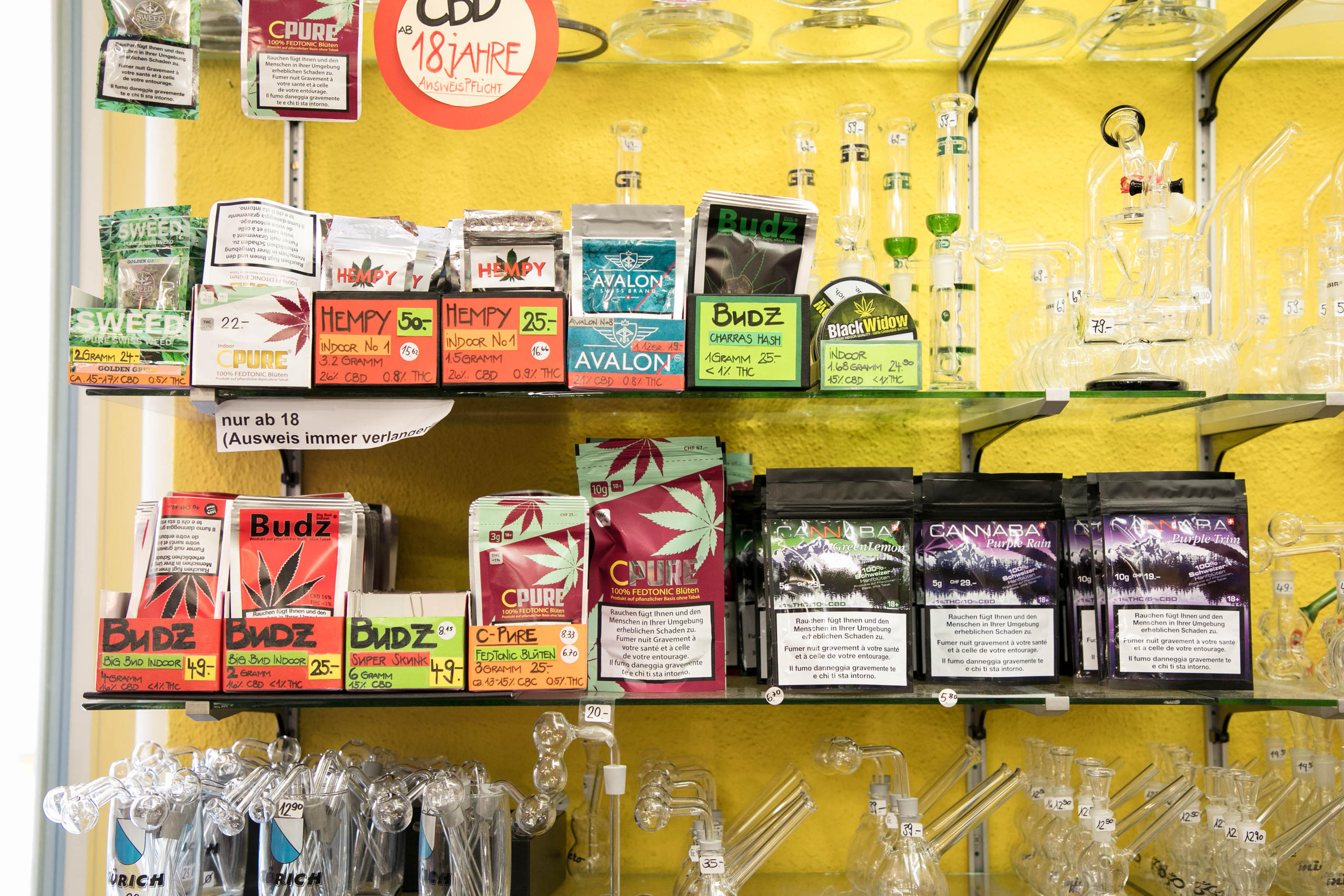
A CHF200 million market
CBD cannabis stores are cropping up across Switzerland, from Geneva to St Gallen. Werner estimates there are at least ten in Zurich alone, not including smaller kiosks that also sell the product.
Indoor growers need permits from the health authorities, but retail sellers are not required to have any special permits. Theoretically, not even commercial premises are required, since the product can be sold online.
Switzerland is in the midst of a CBD cannabis boom, but Bösch expects things to stabilise soon. With so many producers in a market he estimates to be worth CHF200 million, the price of the raw material is falling.
“When we started, cannabis sold for approximately 6,000 francs per kilo,” he says. “Now, it’s 4,000.” But what worries him more than the falling price is the behaviour of the competition.
By that he means the dealers who, according to him “are in the majority” and who have never paid taxes on cannabis. The legal variety, rich in CBD, is considered to be a tobacco “replacement product”. That makes it subject to a tax, which in Switzerland stands at 25%.
“Including the value-added tax, we are taxed at 33%,” Bösch says. “For those who do the right thing, the profit margins are not so big.”
The ones who have nothing to complain about are the customers. They are seeking the relaxing and therapeutic effects of CBD, without getting high.
The (little-known) virtues of CBD
CBD can be effective against anxiety, depression, nausea and inflammation. It can ease epileptic fits or may be used in treating some tumours, according to neurologist Claude Vaney. But the medical effects of CBD are, not yet sufficiently proven by scientific research.
Vaney, head of the AmiS group of experts who research the medical applications of prohibited narcotics, explains that clinical studies on the long-term effects have not been done.
Jean-Félix Savary, secretary-general of a group in French-speaking Switzerland known as GREA that studies addictions, believes that CBD is an interesting product in terms of therapeutic use, but that “it should not be sold in kiosks”. Although cannabis does not create addiction, he adds, burning it with tobacco creates harmful substances that present health risks.
Legalising cannabis?
While CBD cannabis does not make those who consume it high, it does drive the police mad. Light marijuana has the same odour, taste and appearance as banned marijuana. It is therefore difficult to distinguish the two when checks are carried out on the streets. For a long time, the police have been asking for swift and accurate tests in order to avoid expensive laboratory analyses.
Today, in Bösch’s basement, the six plainclothes officers have come with pipettes and latex gloves. They took samples of cannabis and left again. Bösch says he called them to his premises “to make sure everything was in order”.
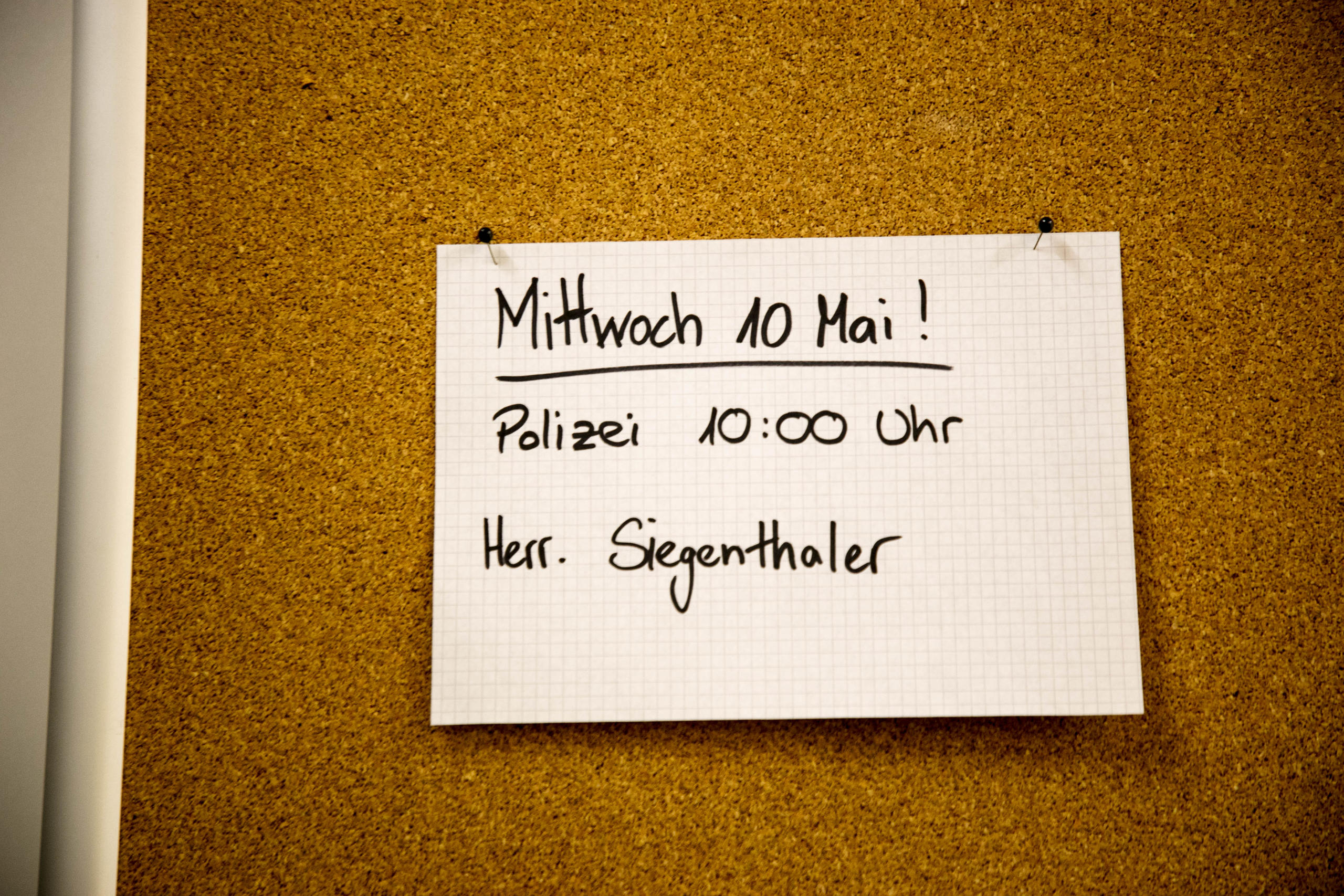
Bösch’s son Nici says his father worries too much. He manages one of the family shops and from time to time helps out with the growing.
“I can understand him, though, complaining about the tax on cannabis,” says Bösch’s son. “We do not agree with the definition ‘tobacco substitute’. But if we really have to pay, then everyone should be paying.”
With the IG-Hanf cannabis interest group he has just founded, Nici Bösch plans to encourage communication among producers, sellers and the authorities. He says the group aims for transparency and the production of a high-quality product, but it isn’t always easy.
“With offices for public health, agriculture, monitoring of medicinal products and customs administration, it is not clear who we should contact,” he says. He welcomes the parliamentary initiative put forward in May by a group from Switzerland’s left-wing Green Party calling for the creation of a special law on cannabis.
Savary urges caution and criticism in the light of the many scientific studies, consumption habits, international experiences and newcomer CBD on the cannabis market. He believes that talking about “legal” cannabis is misleading because it’s unclear what’s allowed and what’s prohibited. The GREA spokesman is calling for a new system that better defines roles and puts to an end the black market in cannabis, generates fiscal resources and reduces health risks. Above all, he thinks Switzerland needs to ask itself what kind of system it wants.
The debate on cannabis liberalisation has begun again. While he waits for answers, one thing is certain: Bösch can continue to sell his Golden Green. The day after our meeting in his indoor growing area, the local Zurich police inform us they “have not found any illegal plants” among Bösch’s crop.
In 2008, the Swiss people rejected (with 63% of votes) a citizens’ initiative calling for the decriminalisation of cannabis consumption. Despite this, subsequent years yielded no lack of plans and proposals for the regulated distribution of cannabis.
Some of Switzerland’s big cities, including Geneva, Zurich and Basel, are at the forefront of these measures. Within the framework of pilot projects, they want to study the effects of controlled consumption of cannabis within associations (known as “cannabis social clubs”). The city of Bern has announced the launch of a project to study the effects of the regulated sale of cannabis in pharmacies.
The aim is to think about regulating the cannabis market, in order to effectively combat the black market. The project’s promoters argue that by doing this, the Swiss government will be able to control the quality of product in circulation, collect taxes and carry out enforcement properly.
For its part, the Legalise it! association plans to launch a citizens’ initiative for the legalisation of cannabis consumption in Switzerland.
What do you think about the liberalisation of marijuana? Let us know in the comments below.

In compliance with the JTI standards
More: SWI swissinfo.ch certified by the Journalism Trust Initiative
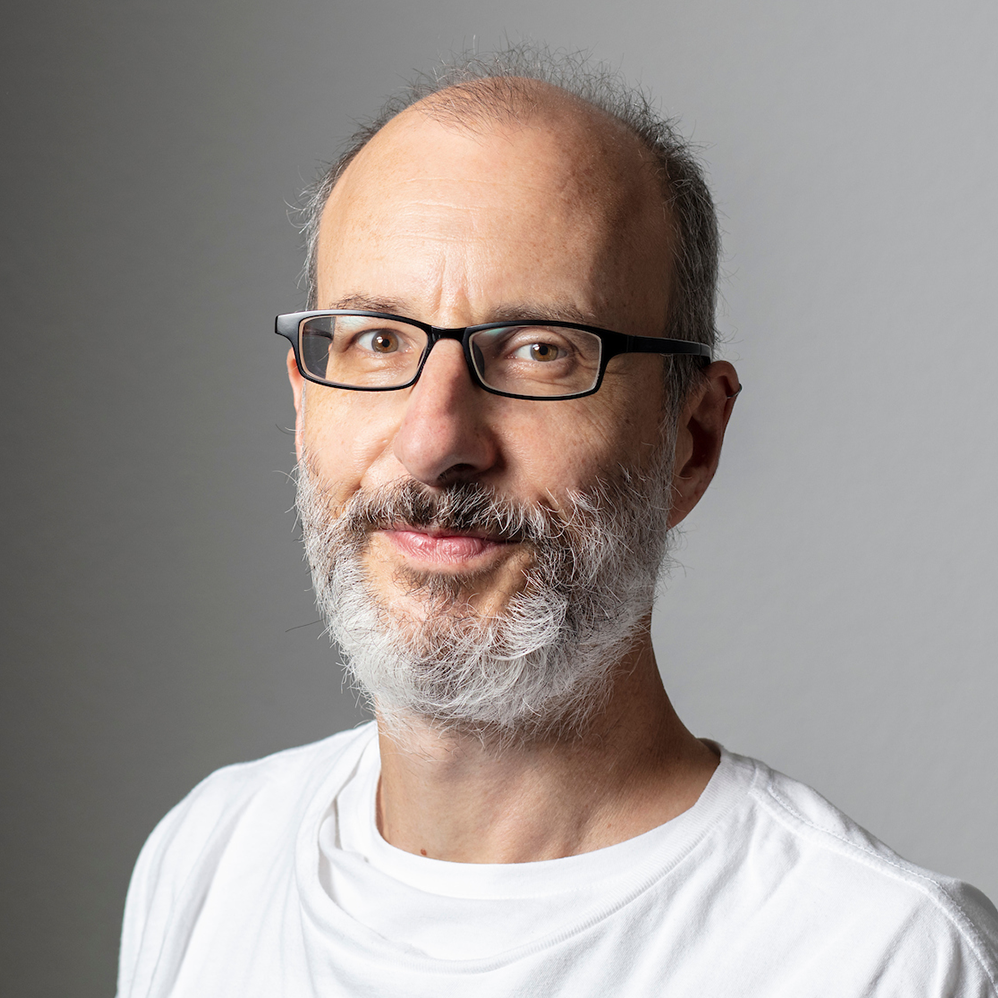
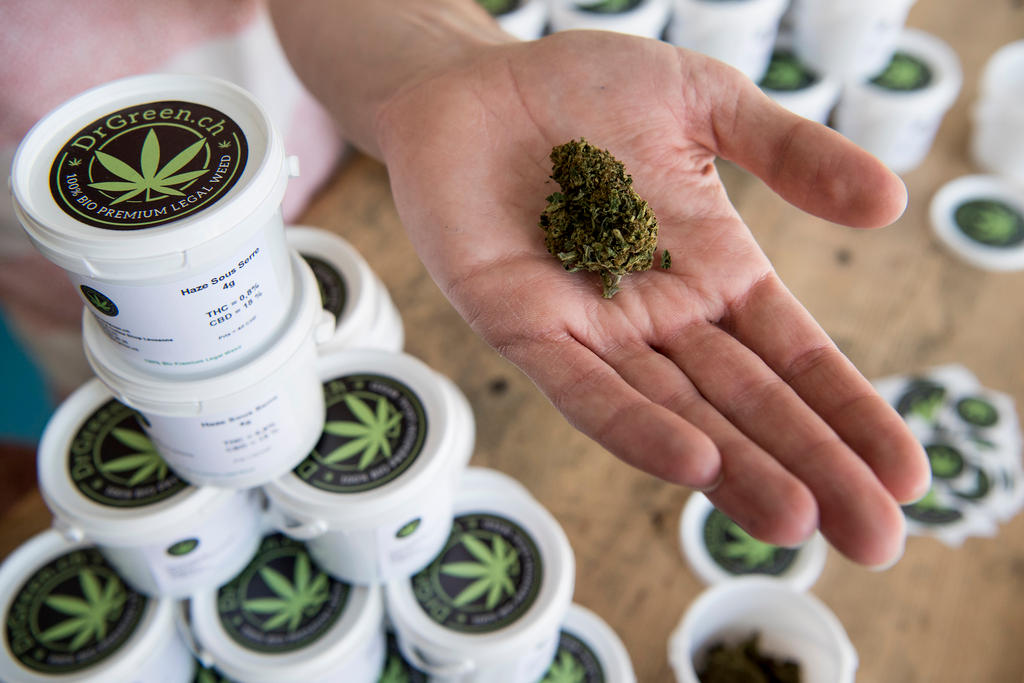
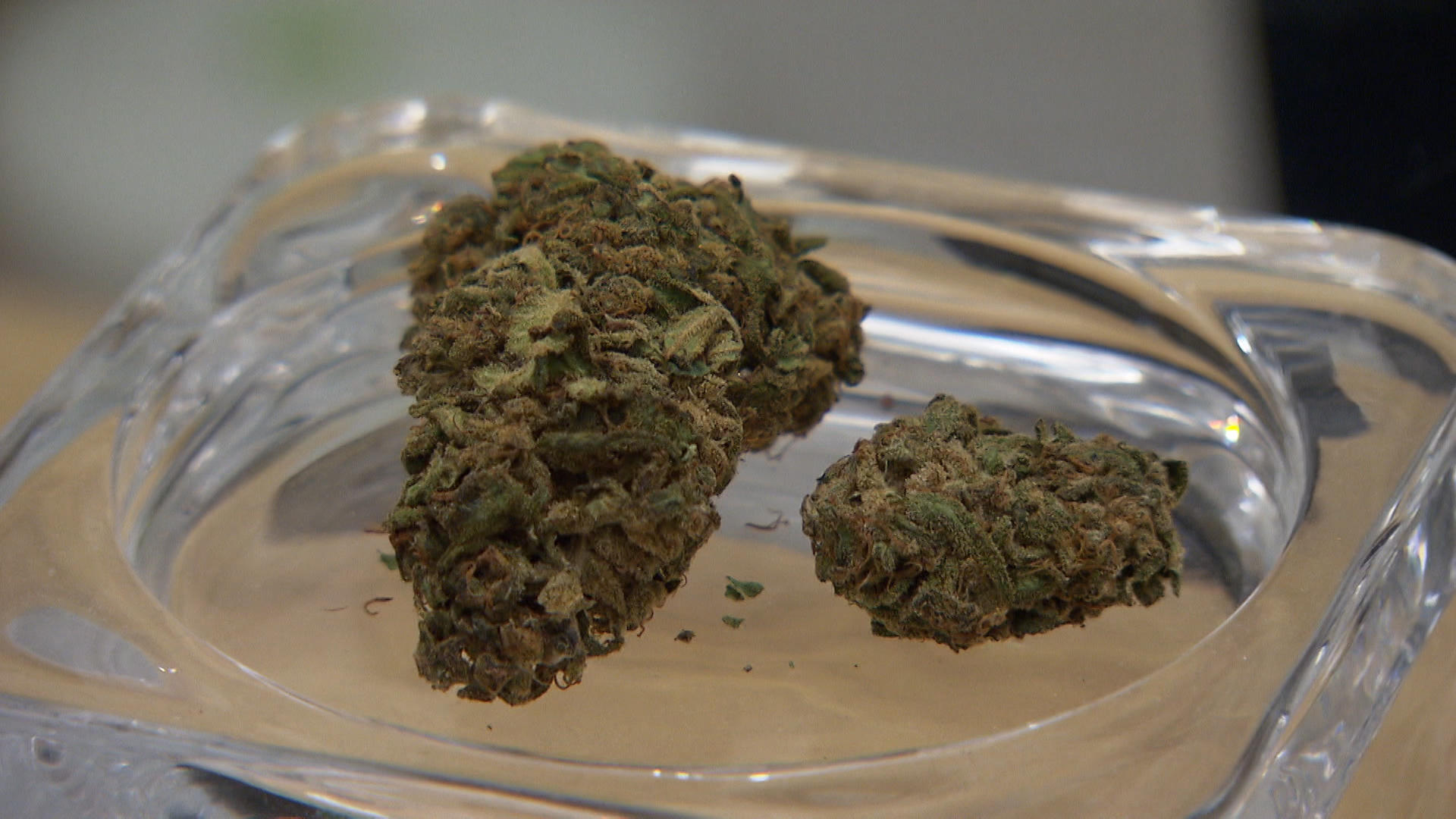
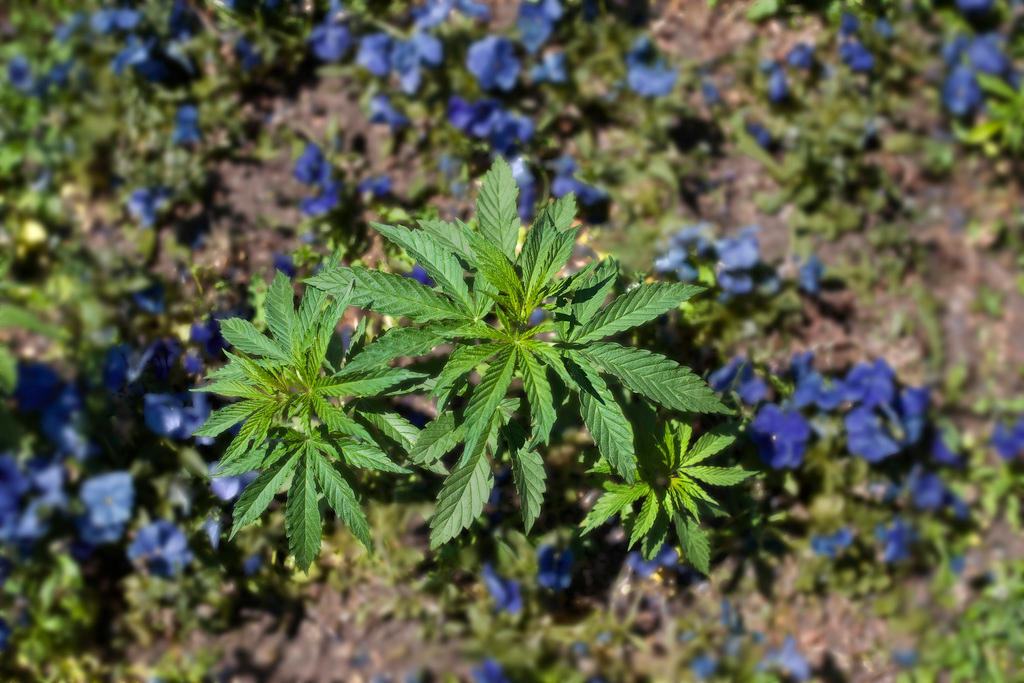
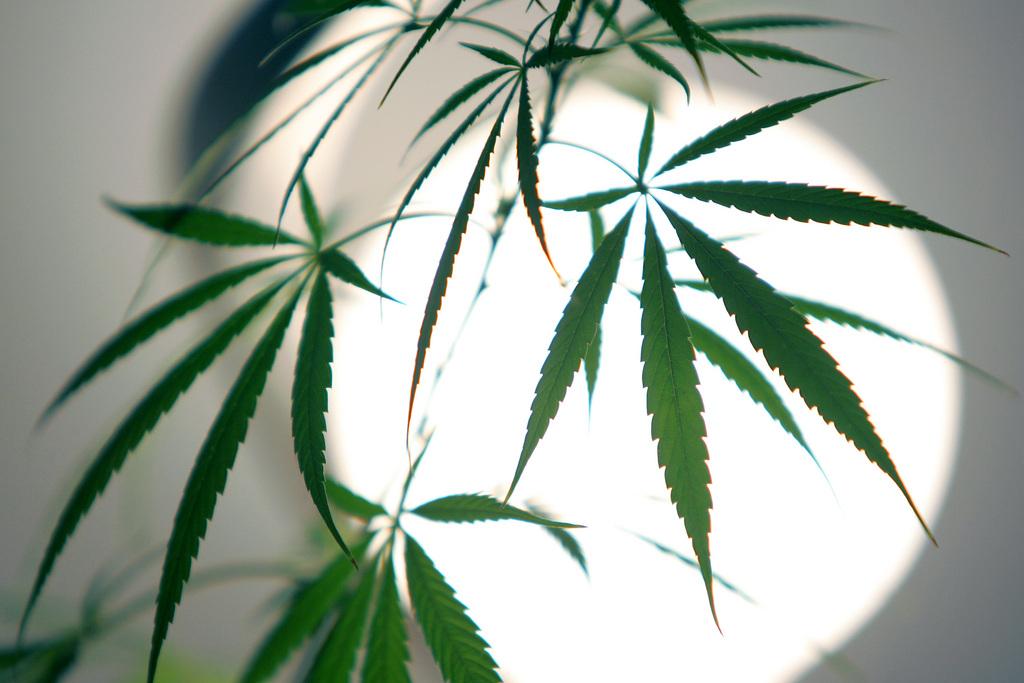
You can find an overview of ongoing debates with our journalists here. Please join us!
If you want to start a conversation about a topic raised in this article or want to report factual errors, email us at english@swissinfo.ch.